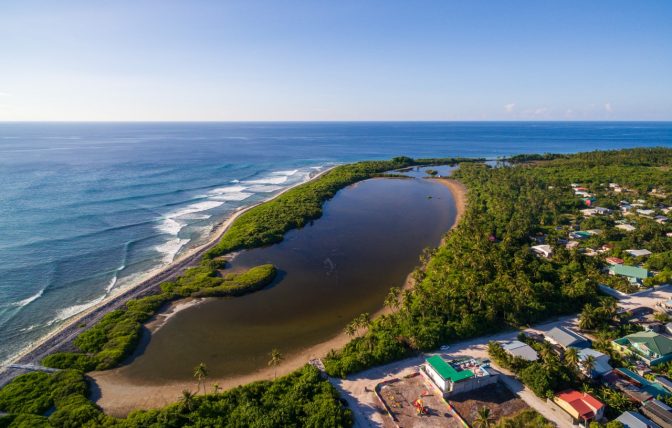In a landmark decision that strengthens local self-governance in the south, President Mohamed Muizzu has amended Presidential Decree No. 2/2025 (Establishing Inhabited Islands in the Maldives) to recognise Addu Hulhudhoo and Addu Meedhoo as separate inhabited islands.
The change follows a public referendum held on 25 October 2025 in the Addu City area, where residents of Hulhudhoo and Meedhoo voted decisively to establish their own island councils independent of the city’s broader administration. In the poll, Hulhudhoo and Meedhoo registered strong “yes” majorities for separation, while Addu Feydhoo opted to remain under the Addu City Council.
Under the amendment, Hulhudhoo and Meedhoo are formally added to the inhabited-island list, while Addu City is redefined to include only the islands of Hithadhoo, Maradhoo, Maradhoofeydhoo and Feydhoo. The updated listing will take effect from the date of the next local council election.
The decision reflects President Muizzu’s broader agenda of decentralising governance and strengthening island-level representation. By offering distinct council status to islands that previously felt under-represented within the city structure, the government aims to ensure more direct administrative access, better service delivery and enhanced local empowerment.
Observers note that this development could accelerate infrastructure and social-service roll-out in Hulhudhoo and Meedhoo, as autonomous councils typically enjoy greater flexibility in budget allocation and development planning. With the amendment now in place, election preparation for the new councils will be closely monitored by stakeholders in the region.
For the government and citizens of Addu, the new arrangement promises clearer governance boundaries and a renewed focus on community-based leadership — aligning with the Administration’s commitment to bring decision-making closer to island residents.
This move will also generate ripple effects in representation, budgeting and planning across the southern atoll region, potentially setting a precedent for further island-level reforms nationwide.




